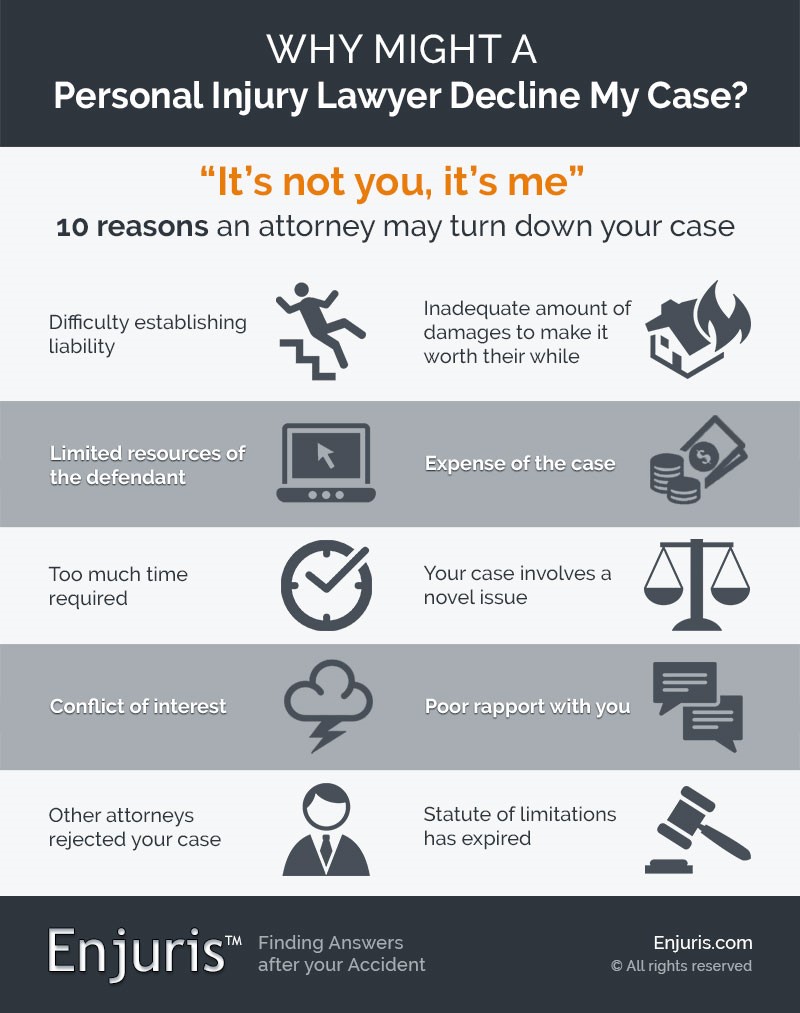Landlord-Tenant Law: A Property Lawyer'S Overview

Material Create By-Lopez Kirkland
When it pertains to landlord-tenant regulation, recognizing your legal rights and duties is essential for both celebrations. You might think you have a solid grasp on the essentials, but there are frequently subtleties that can capture you off guard. Whether you're a proprietor managing a residential or commercial property or a lessee seeking a steady home, understanding the lawful landscape can make all the difference. What might amaze you are the complexities associated with navigating disputes and eviction processes.
Understanding Occupant Legal Rights and Responsibilities
When you rent out a residential or commercial property, it's crucial to recognize your civil liberties and duties as a tenant. You deserve to a safe and habitable living environment, meaning your property manager needs to keep crucial solutions like home heating, plumbing, and power.
You're additionally entitled to personal privacy; property managers usually need to provide notice before entering your system.
On the flip side, you are accountable for paying rental fee in a timely manner, keeping the residential property tidy, and not causing damages beyond normal damage.
Familiarize yourself with your lease agreement, as it details certain guidelines and commitments. Recognizing these elements not just safeguards you yet likewise cultivates a favorable partnership with your property owner.
Keep educated, and you'll navigate your tenancy more effectively.
Key Property Owner Obligations and Lawful Factors To Consider
While you might understand your legal rights as an occupant, it's similarly essential to recognize your property manager's responsibilities.
Landlords have to give a secure and habitable living environment, making sure that crucial systems like heating, plumbing, and electricity remain in working order. They're additionally responsible for making necessary repair work quickly and sticking to neighborhood building ordinance.
Furthermore, property owners need to respect your personal privacy by giving appropriate notice before entering your system, usually 24 hr. They should take care of down payment according to state regulations, consisting of returning them quickly after you move out, minus any kind of lawful deductions.
Understanding these responsibilities can aid you maintain a positive partnership with your property owner and ensure your living scenario meets lawful requirements.
Navigating Disagreements and Expulsion Procedures
Conflicts in between proprietors and tenants can develop all of a sudden, making it crucial for you to recognize the procedures involved in resolving them.
First, communication is essential-- try to discuss issues straight to locate a concession. If that falls short, acquaint yourself with your neighborhood regulations relating to conflicts and expulsion. File every little thing: maintain documents of communications, payments, and any type of infractions.
If eviction ends up being required, guarantee you adhere to the legal steps needed in your location, which usually consists of giving created notice and a specific duration for resolution.
Be prepared to visit court if the circumstance intensifies, maybe your only choice. Understanding these processes will certainly help you browse conflicts better and safeguard your civil liberties as either a landlord or renter.
you could try this out
In recap, understanding landlord-tenant legislation is vital for both parties associated with a rental contract. By knowing your rights and obligations, you can cultivate a better living environment and avoid conflicts. If disagreements emerge, remember that a property attorney can assist assist you with the complexities of expulsion procedures and lawful responsibilities. Staying notified and aggressive will guarantee a smoother rental experience, whether you're a property manager or a renter.

